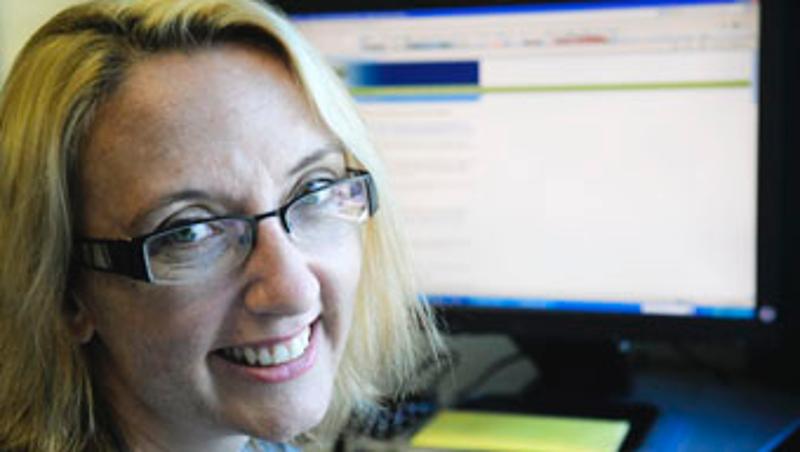
An increasing number of women going online with health queries means there should be more focus on ensuring plenty of reliable advice from health professionals is available in cyberspace, according to Queensland University of Technology (QUT) research.
Dr Julie-Anne Carroll, a lecturer with QUT's Faculty of Health, said online advice was sought by many women along with input from family and friends.
"Most women go online when they are looking for information about a health issue, but are still discerning about what information they receive," she said.
"Our study and others have found that women are selecting and comparing sources, testing evidence and then taking information to family and friends, as well as to their doctors.
"In the old days, you might go to your doctor and get one opinion or one set of advice and that was it. Now, women are looking at different options when it comes to making health decisions.
"While the internet does not appear to be replacing visits to the GP, it is certainly acting as first pit-stop for basic information and also as a form of social networking and support for ongoing conditions and diseases.
"For this reason, it is important that women have reliable and unbiased sources of information to choose from, and appropriate online support mechanisms to turn to."
Dr Carroll's study looked at the challenges for future health professionals wanting to share information online, as well as the reasons women used the web to seek health information so much.
She said health professionals should be trained in web writing so that they could offer reliable information to women.
"The challenge for those promoting health is to design an aesthetically pleasing site with enough going on to keep visitors there," said Dr Carroll.
"Now we have a problem where there is a mix of websites that look good but may not be the best source of information, or great information sources which just don't attract visitors."
Her study asked 40 women studying health at university about their own experiences in seeking health information, and asked those women why they went online to seek support and information.
"What we found was that women wanted to learn about health on their own terms and also that they may have felt embarrassed about their health issue - the anonymity of asking for information online is appealing to those who do feel embarrassed," she said.
"Online communities can be very helpful, and we need to embrace this trend instead of discouraging people and train people who are going to promote health online to be able to provide the information."
Dr Carroll said studies had shown almost 80 per cent of women used the internet to answer their health questions, and to seek support.
"The argument that putting everything online has made us disconnected is not true - it has just changed the medium. Iit is less about geography now and more about topic and community - you can connect with anyone anywhere in the world who has the same issue," she said.
Dr Carroll will present these findings at an upcoming conference on technology and Web 2.0 in Teaching in Madrid, Spain.
Media contact: Sharon Thompson, QUT media officer - 3138 2999 or sharon.thompson@qut.edu.au
**Hi-res pic available for media




